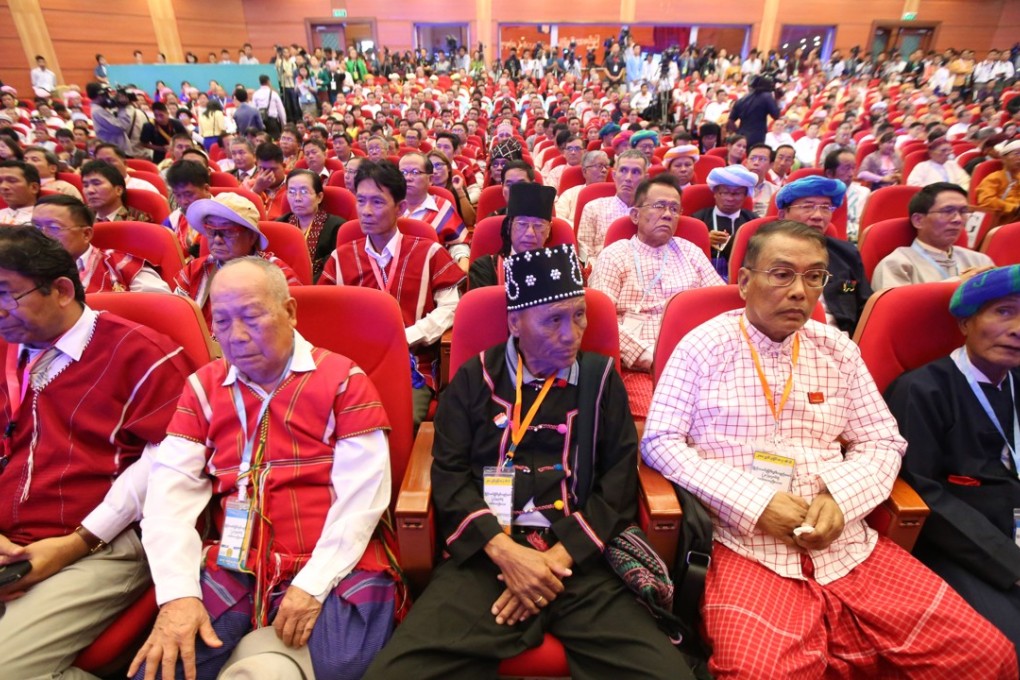China’s Myanmar policy: peace, conflict – whatever works
While impressing on State Counsellor Aung San Suu Kyi the need to keep things peaceful enough for its Belt and Road Initiative to move forward, Beijing is also an implicit backer of some of Myanmar’s most powerful militants

Although bringing peace was a campaign promise when Suu Kyi won landmark elections in 2015 and ended decades of absolute military rule, the country has witnessed some of the worst fighting in years since she took office and the stalled government peace process has widely been denounced.
After years-long arms embargo from the US and Europe, Myanmar’s military, which retains sole control of three security ministries according to the constitution, sources the majority of its weapons from China.

Beijing has shrewdly exploited the crisis in Myanmar’s western Rakhine state, where 700,000 minority Rohingya Muslims have fled a brutal military crackdown labelled ethnic cleansing by the UN. In doing so, China has positioned itself as an all-weather friend to Myanmar in the face of criticism from Europe and the US.